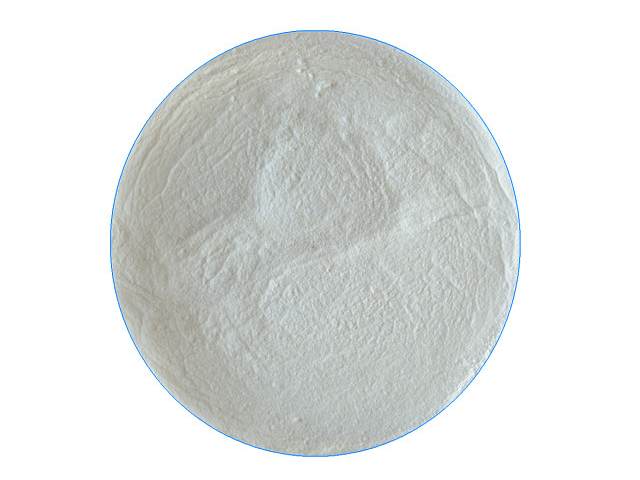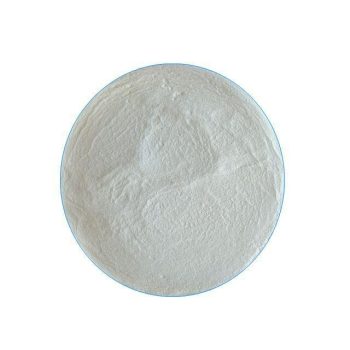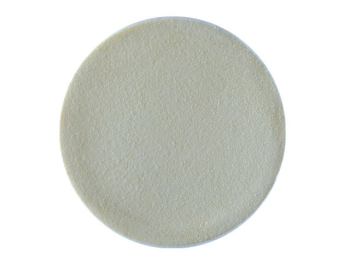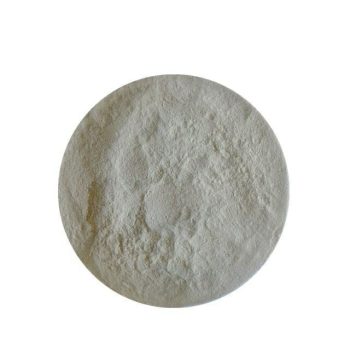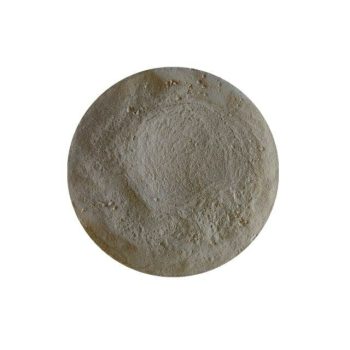Mannase Enzyme For Animal Feed Additive
Introduction
The β-mannanase [EC 3.2.1.78] is a highly concentrated thermostable β-mannanase preparation produced by submerged fermentation of Bacillus lentus followed by purification and formulation. Mannan widely exists in plant materials of feed, especially in palm kernel meal, soybean meal, and sesame meal, which causes the viscosity of chyme and retards the digestion and absorption of nutrients. β-Mannanase belongs to the family of hemicellulose hydrolase that splits β-1,4-glycosidic bond in β-mannan, galactomannan, and glucomannan producing mannose oligosaccharides and mannose. Meanwhile, it removes anti-nutritional effects of mannan and reduces chyme viscosity.
Definition Of Unit
1 unit of β-mannanase equals to the amount of enzyme which hydrolyzes 3 mg/ml mannan solution to get 1 μmol reducing sugar (mannose basis) in 1 min (u), at 37℃ and pH 5.5.
Specifications
| Enzyme Activity | 3,000 u/g |
| Appearance | Yellowish Powder |
Enzyme Properties
Dosage
| Used For Complete Feed | Dosage: (g/MT of complete feed) |
| ≥3,000 u/g | 15~30 |
| ≥10,000 u/g | 3~8 |
| ≥25,000 u/g | 2~4 |
Functions & Benefits
As a feed additive, it can improve feed utilization and animal growth performance.
– Degrade mannan in feed, eliminate anti-nutritional factors of mannan, and increase the feed digestibility.
– Disrupt plant cell wall, release the nutrients, and increase nutrient digestion and utilization.
– Reduce viscosity of chyme in the digestive tract, promote nutrient digestion and absorption in the intestine.
– The mannose oligosaccharides produced improve intestinal microflora and regulate the immune system.
– Enhance animal performance and reduce the cost of feed production.
– Reduce the nutrients in the animal excrement, improve the animal house environmental sanitation.
Advantages
– Produced through advanced liquid fermentation and extraction technology.
– Thermo-resistant, wide pH range, high activity, catalyzing effectively in the animal intestinal tract.
– Highly concentrated and cost-saving.
Package
1 kg / bag.
Storage
The shelf life is 12 months under 20℃. Damp and insolation should be avoided. Store it in a cool, dry, and ventilated place.
